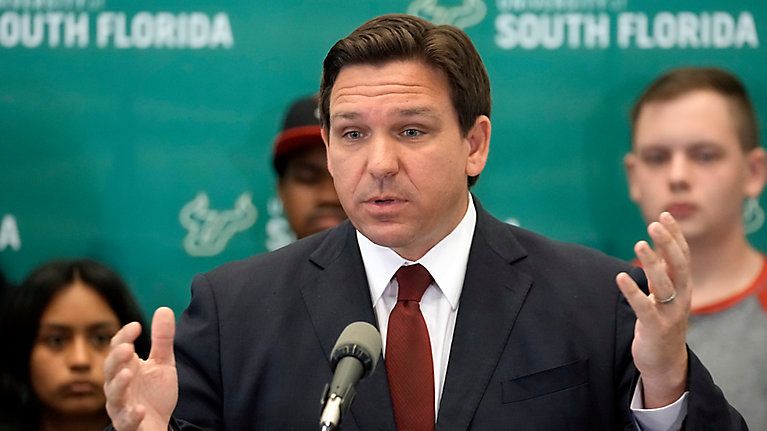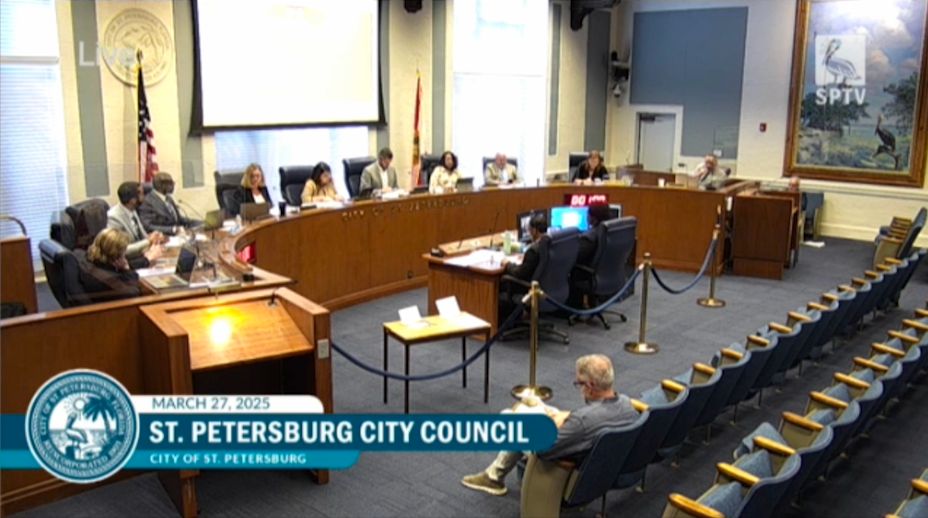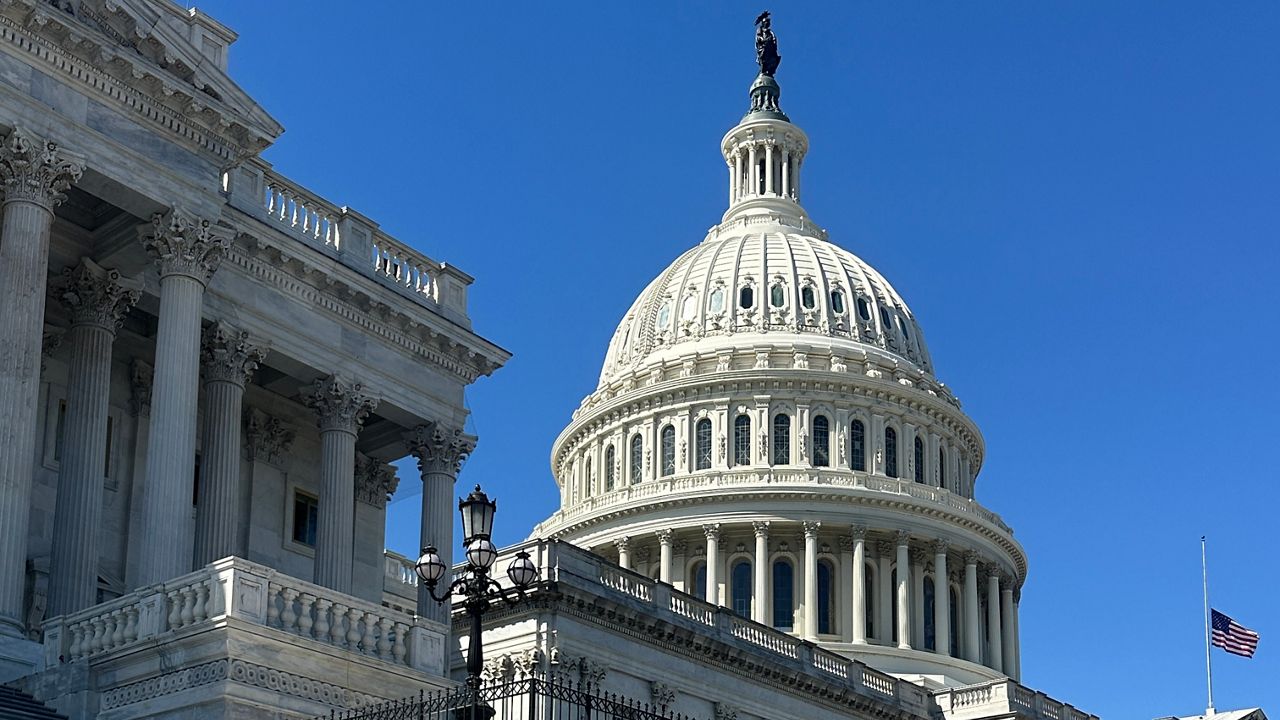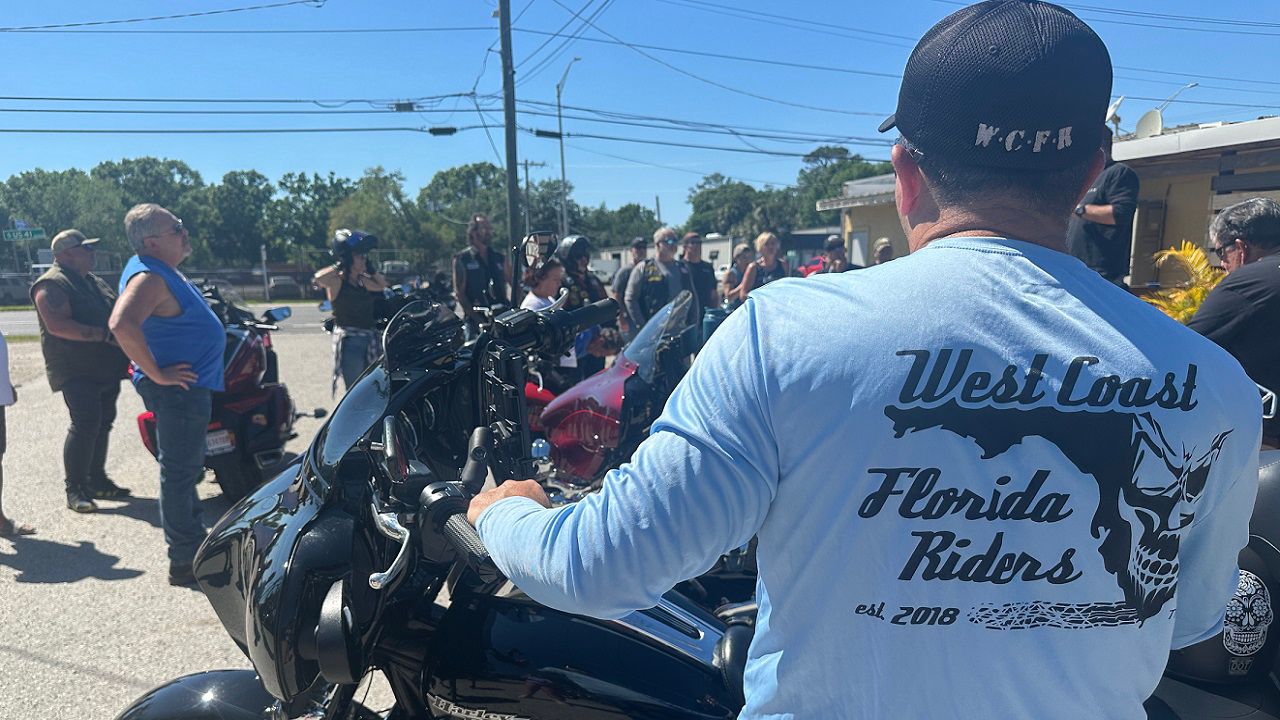TAMPA, Fla. — In the two-plus weeks Sergiy Omelayenko spent back home in war-torn Ukraine in March, he was able to help the war effort by training medical colleagues with specific skills.
Omelayenko studied at USF’s Nurse Anesthesia program. He graduated in 2020.
What You Need To Know
- The Russian invasion of Ukraine is now in its fourth month, with no end in sight
- The U.S. Congress recently approved a $40 billion Ukraine aid package for military and security assistance as well as funding for economic and humanitarian needs
- Sergiy Omelayenko is a recent graduate of the USF CRNA program
Aware of the limited supply of pain medication and reduced medical staff in a country under military siege, the 37-year-old Omelayenko, a Certified Registered Nurse Anesthetist, introduced peripheral nerve block techniques that remove the need for procedural sedation and yet still provide adequate anesthesia during painful medical procedures.
Peripheral nerve blocks are an anesthetic technique that is increasingly being used in U.S. hospitals to treat patients with extreme injuries. But it’s rarely used outside of the major cities in Ukraine, Omelayenko says.
“I saw patients after they (doctors) did a local anesthetic to an area, and it wasn’t working sufficiently enough,” he recalls. “And right away I could see what the problem is, and I was telling them, ‘Okay, if we could do this, we would use less anesthetic. It’s safer. We’re not risking overdose with all of this local anesthetic like lidocaine, and you can block the whole arm.”
Omelayenko was born in Kharkiv in northeast Ukraine. He moved with his family to Gainesville in 2000 while still in high school. He then moved to Tampa to attend USF in 2005 (inspired, he says, by the Tampa Bay Lightning’s first Stanley Cup championship in 2004). He graduated as a Registered Nurse from USF in 2007, and as a CRNA in 2020.
His trip this past March to Ukraine was planned months in advance to visit family members, just as Russian President Vladimir Putin began massing troops near Ukraine’s borders.
“I just had this feeling that I have all of these (medical) skills, and they’re needed over there,” he says he began thinking after Russia’s invasion began in late February.
Omelayenko brought along a portable Ultrasound machine and began training other medical professionals on the nerve block technique when he arrived in Ukraine in March.
“They were excited to do this,” he says of the reaction he received from the medical professionals he worked with when he introduced them to the nerve block technique as a way to provide pain relief.
“It’s a great technique so that you don’t have to give as much general anesthesia or as much sedation to a patient, which can carry other dangers sometimes,” says Michelle Canale, the president-elect of the Florida Association of Nurse Anesthesiology and the program director at the USF’s nurse anesthesia program.
Canale says everyone in her department is proud of Omelayenko.
“He has really represented himself and our program very well. We’re very happy that we could have played a part in his education to allow him to go over and help the people of Ukraine,” she says.
Omelayenko is just as proud of his fellow countrymen and women who have battled the odds and Vladimir Putin’s military fiercely over the past 100 days.
“For Ukraine this is kind of like a 9/11 in the United States,” he says about the collective movement that everyone in Ukraine feels in being the military underdog to Russia (he was a senior in high school in Gainesville on 9/11).
“Everybody thought that Ukraine would collapse, and it didn’t. Not only did it not collapse, they kicked some of the Russians out of the Kiev area,” he says. “Very proud of what has happened.”
But he fears that things will get uglier as the war drags on.
“The faster that it’s over the less suffering,” he surmises, and hopes that happens sometime this calendar year.









